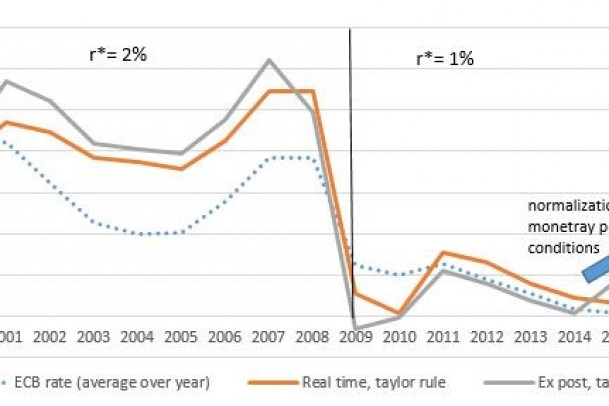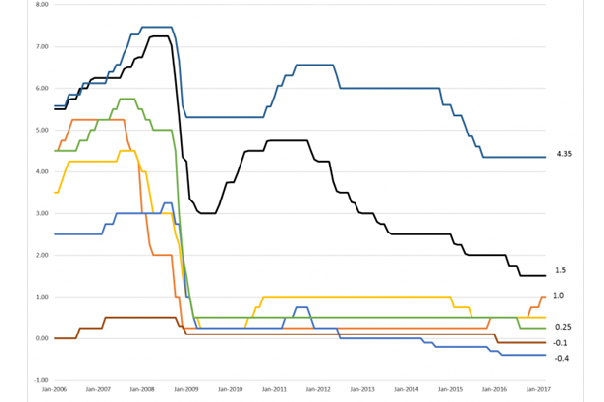The financial liberation of the United States, and a number of European countries close to the US economy, particularly the United Kingdom, as a result of the economic and financial globalisation of the 1980s: the reduction of interest rates since 2002 and the abolition of the Glass-Stegall law three years earlier proved to be the key elements for the beginning of the 21st century to establish a new international financial model that was the trigger for 2008-2009 crisis, on which the most prestigious specialists in the economic world were all in agreement.

The so-called crisis originated in the United States when the investment bank Lehman Brothers declared bankruptcy, precisely when no-one thought this could happen. The famous crash was quickly transmitted to Europe and other parts of the world, contaminating "virtually" all compartments of the financial system. The Bush and Obama governments reacted quickly, but the consequences for the global economy were terrible -in some cases they remain so- because of the double recessions that began in 2012 in Spain, the United Kingdom, Italy and other European countries (Greece is still immersed in it), with policies of inhuman adjustments that mainly included dramatic labour cost cuts, in addition to desperately slow reversion.
The 2008 crisis, also called the Great Recession, has been considered the greatest in history, even for some specialists who consider it superior to the 1930s, also known as the Great Depression. It was a financial crisis of such a nature that not only affected the US, as in the 1930s, but this time it had negative effects also on Europe and Japan, with a strong impact on emerging economies.
MORTGAGE LOANS
In the 2008 crisis, the problem was created by US mortgage loans that had become structural obligations and had been negotiated in financial markets around the world. This meant that all those with structural obligations were suspected of having financial problems. At the end of this unfortunate journey, financial suspicion caused confidence to die.
However, there are major differences between the two major crises. For example, the authorities did not repeat the same errors of the Great Depression: central banks injected liquidity and governments increased spending, Keynes' advice in "The General Theory of 1936 ".
Milton Friedman and Anna Schwartz councils in the "Monetary History of the United States" were taken into account.
At present, when the leaders, financial experts and some political parties explain that the worst is over, that the crisis is receding, some economists say that the worst is yet to come. According to the latest report on trade, published by UNCTAD, the United Nations Conference on Trade and Development, it warns that new dangers are quite close. As in 2010, this would be a debt crisis, but the scope could be greater, as it would affect a large number of developing countries with vulnerable economies.
The Telegraph economics editor, Ambrose Evans, announced that the third wave of the global depression is coming. The repercussions will be much harder than on previous occasions, even affirming that "Lehman Brothers or Greece would look like a joke by comparison". According to the editor, this possible new crisis may be the definitive one for globalised capitalism.
In recent years, financial fragility has been reported in emerging economies as a result of an avalanche of financial flows and cheap loans that have been taking place since 2009.
For other still optimistic economists, times have changed and what has been known as the Great Recession was just a bad dream from which many countries have already awakened.
Faced with so much theoretical doubt, our TEJ has decided to present its readers the opinions of specialists from both sides so that, with this material, each of us derives our own consequences. We are sure that after soaking up the opinions of these prestigious writers, you will feel better informed than before this announced arrival of this new financial flood.










